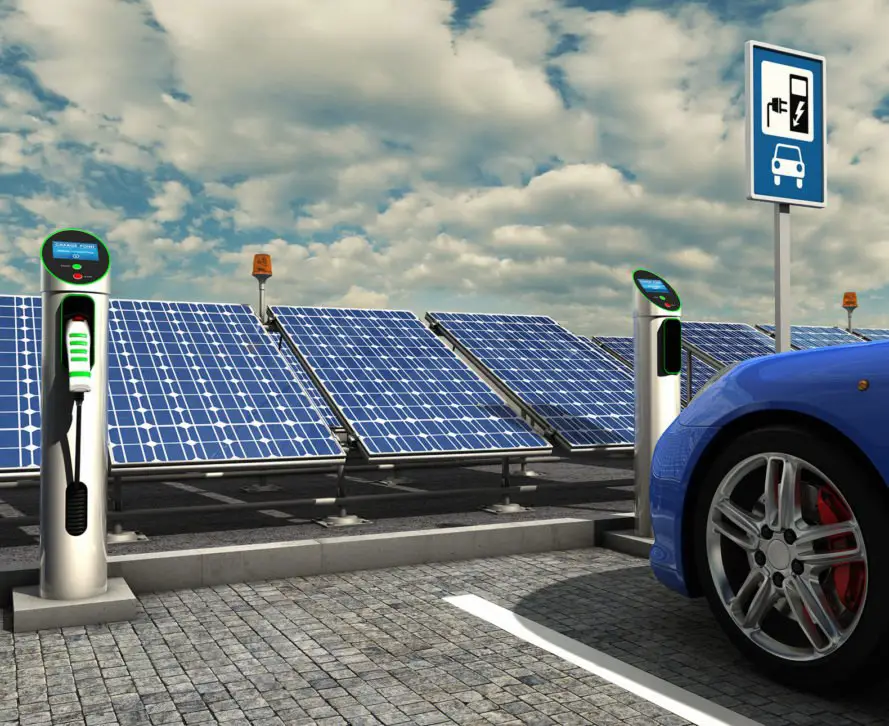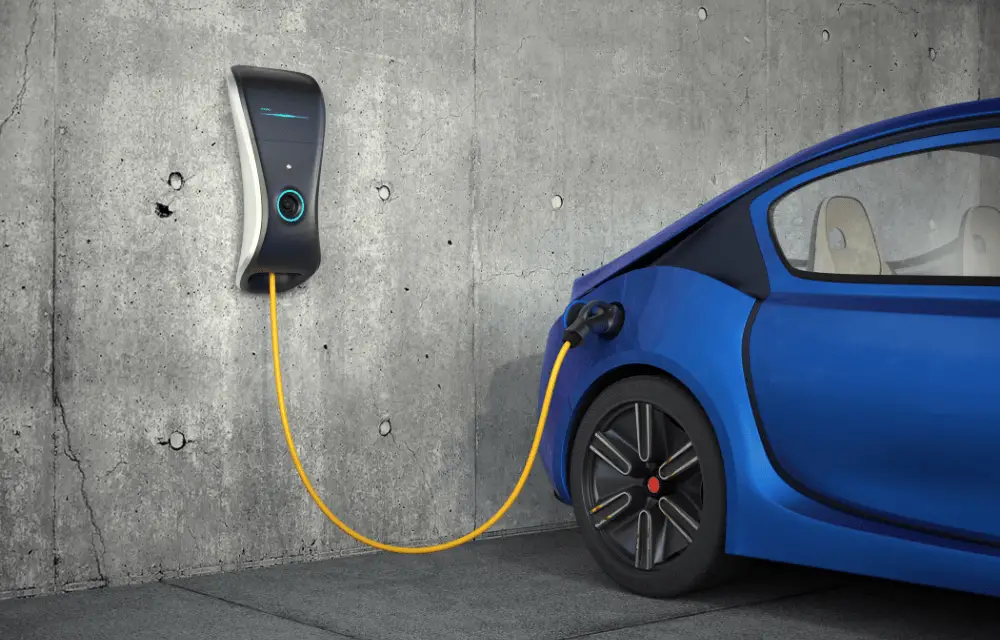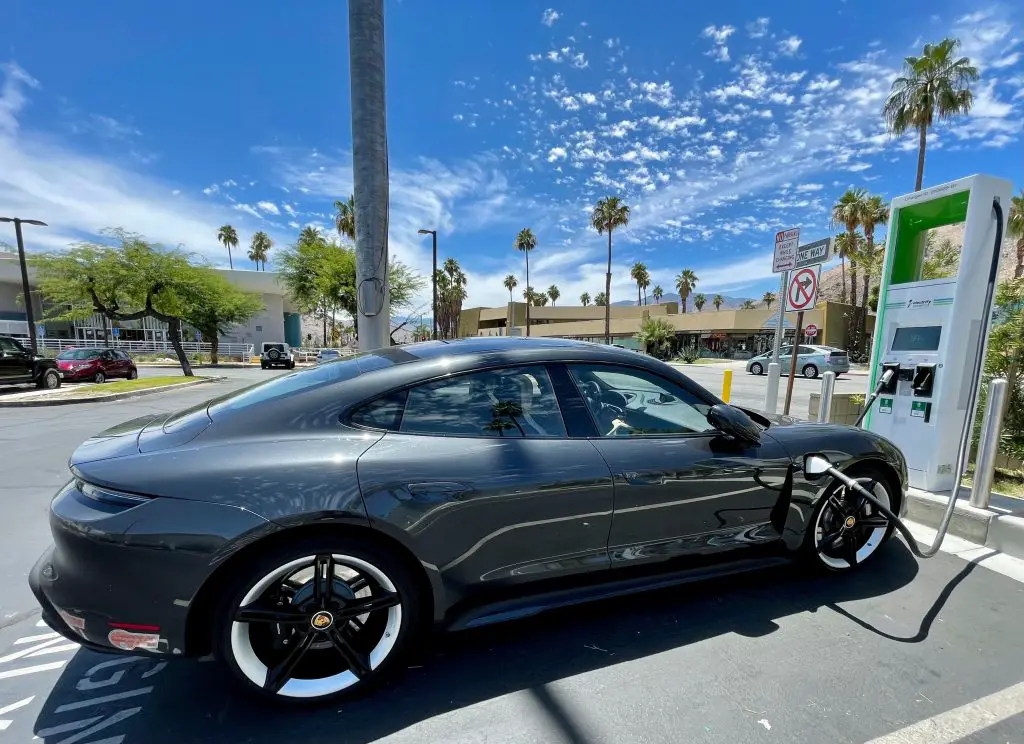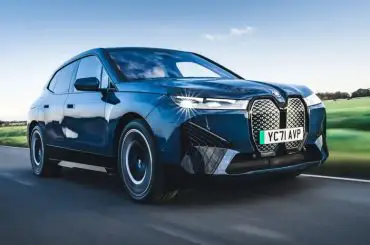The transportation sector is one of the largest contributors to greenhouse gas emissions, responsible for approximately 28% of total emissions globally. In recent years, electric vehicles (EVs) have emerged as a promising technology to reduce emissions from the transportation sector and help combat climate change. In this article, we will explore how electric vehicles can help combat climate change and why they are a crucial component of a sustainable future.
Contents
Electric Vehicles and Climate Change

Climate change is caused by the accumulation of greenhouse gases in the atmosphere, primarily carbon dioxide (CO2) emissions. The transportation sector is a significant contributor to these emissions, with the majority of emissions coming from passenger vehicles, trucks, and airplanes. The widespread adoption of EVs can help to reduce these emissions significantly, as they produce zero emissions at the tailpipe.
Reduction in Greenhouse Gas Emissions

The primary benefit of electric vehicles is their ability to reduce greenhouse gas emissions. Electric vehicles produce zero emissions at the tailpipe, meaning they do not emit any harmful pollutants into the air. However, it’s important to note that while EVs may not produce emissions at the tailpipe, the electricity used to power them may come from power plants that burn fossil fuels, resulting in emissions indirectly. Nevertheless, the use of EVs can still significantly reduce overall greenhouse gas emissions, as they are more energy-efficient than internal combustion engines (ICEs) and can be powered by renewable energy sources.
Improved Air Quality

In addition to reducing greenhouse gas emissions, EVs can also help to improve air quality. Traditional gasoline and diesel vehicles produce harmful pollutants such as particulate matter (PM), nitrogen oxides (NOx), and volatile organic compounds (VOCs) that can lead to respiratory problems and other health issues. By replacing these vehicles with EVs, we can reduce the number of pollutants in the air and improve the overall air quality, leading to a healthier population.
Reduced Dependence on Fossil Fuels

Another benefit of electric vehicles is their ability to reduce our dependence on fossil fuels. As the world’s oil reserves continue to decline, and the negative impacts of extracting and using fossil fuels become more apparent, transitioning to alternative energy sources becomes more important. Electric vehicles can be powered by renewable energy sources such as wind, solar, and hydropower, reducing our reliance on non-renewable resources.
Cost Savings

While the upfront cost of purchasing an electric vehicle may be higher than that of a traditional gasoline vehicle, there are significant cost savings associated with EV ownership. Electric vehicles are more energy-efficient than traditional gasoline vehicles, resulting in lower fuel costs. Additionally, EVs require less maintenance, as they have fewer moving parts, resulting in lower repair costs over the vehicle’s lifespan.
Government Incentives

Many governments around the world are offering incentives to promote the adoption of electric vehicles. These incentives can include tax credits, rebates, and other financial incentives, making it more affordable for consumers to purchase electric vehicles. In addition to these incentives, governments are also investing in charging infrastructure to make it easier for EV owners to charge their vehicles.
Future Potential
The future potential of electric vehicles is enormous. With ongoing research and development, the performance and range of electric vehicles are improving rapidly. Additionally, the adoption of electric vehicles will create opportunities for new business models and job creation, such as the manufacturing and installation of charging infrastructure.
Conclusion
In conclusion, electric vehicles have the potential to play a significant role in combatting climate change. By reducing greenhouse gas emissions, improving air quality, reducing dependence on fossil fuels, and providing cost savings, EVs are an essential component of a sustainable future. As governments and individuals continue to recognize the benefits of electric vehicles, the adoption rate will continue to rise, and we can look forward





